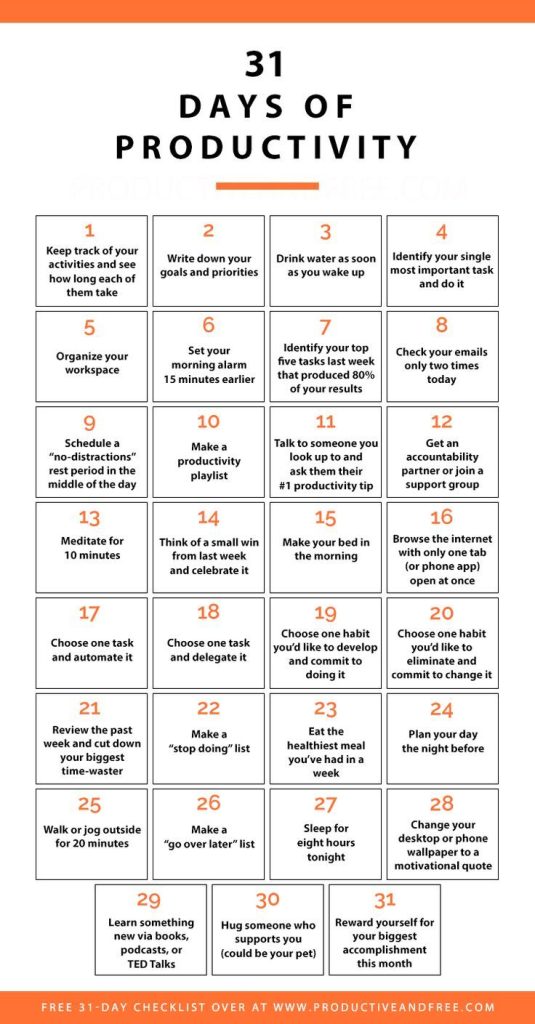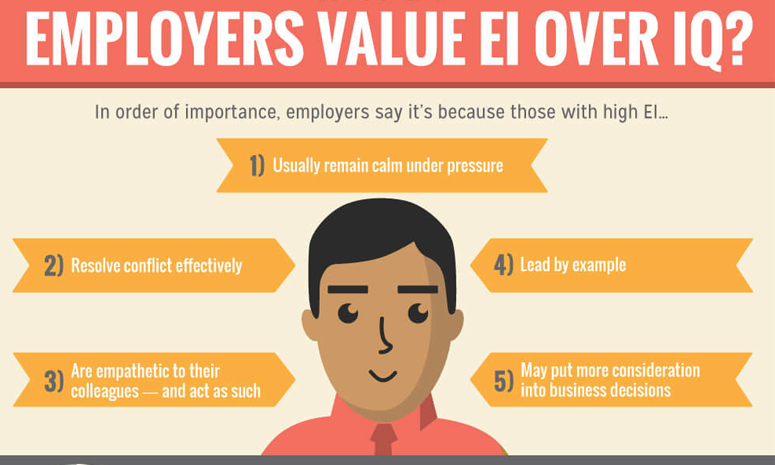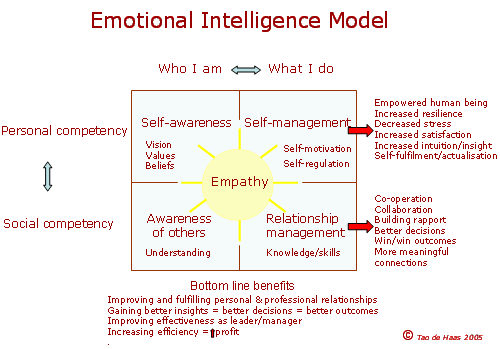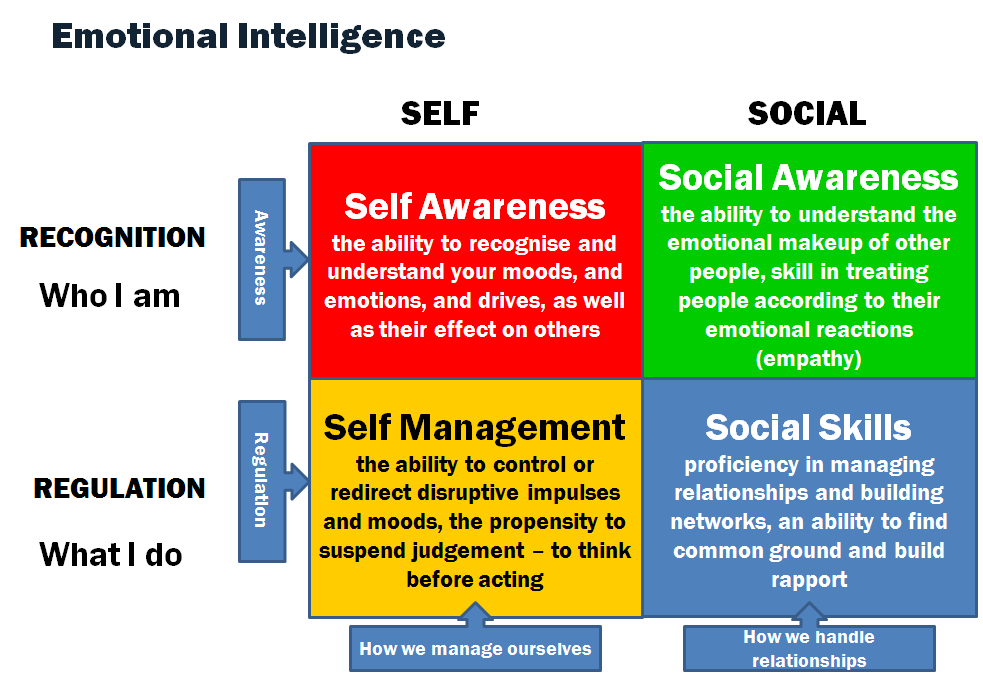2021 is rapidly winding down. Whew! Here are my Friday Faves to get us ready for the new year…hopefully a joyful one!
 Photo Credit: David Lose
Photo Credit: David Lose
Monday Morning Moment – 2021 Come On! – New Year’s Resolutions
Are We Doing New Year’s Resolutions After a Year as Lousy as 2020? There’s One I think We Need More Than Ever – Heidi Stevens
How to Make Healthy, Attainable New Year’s Resolutions During COVID-19 – Ashley Welch, Healthline
Are You Making a New Year’s Resolution This Year? Readers Weigh In – Sarah Fielding
I take New Year’s resolutions very seriously. They have served me well through the years in shaking up troublesome habits as well as galvanizing better ones. New (or restored) habits that nurture the body, the spirit….and, when possible, family and community.
New Year’s resolutions are not always exercises in futility. They can be excellent pathways to help us get off to a strong start into the next year. Some of my family and friends treat resolutions with disdain…they never work; they never last. Oh, but not always!
They are really very energizing. Whether we meet our goals or not, there is great promise within the resolution for resetting our thinking. A keen sense of self, or self-awareness, aids in our understanding of habits and true habit change.
Without knowing it, I have actually used a practice of habit change that Ken Sande writes about on his blog, Relational Wisdom 360. He first influenced my life years ago with his work on conflict resolution through his Peacemaker Ministries. He is a gentle guide in many of the issues that complicate our lives.
His article on Seven Principles of Habit Change came at a great time. Sande talks quite kindly about how we develop habits and what it takes to change them. His first principle of habit change gives us a look at the cycle of habits – the cue, the routine (or response), and the reward. I actually followed Ken Sande’s principles below (without knowing the wisdom of it).
- Every habit has three parts: a cue, a routine, and a reward.
- You can change an undesirable habit by keeping the cue and reward but learning a new routine.
- The best way to overcome the temptation to revert to old routines is to have a detailed action plan.
- Habit change builds momentum if you can change a single “keystone habit” and then continue to build on consecutive “small wins”.
- Will power is like a muscle: it can be strengthened and yet needs to be exerted strategically.
- Faith is an essential part of changing habits.
- Habit change is more likely to occur within a community (even if it’s just two people). – Ken Sande
Self-awareness is a huge factor relating to habit change. I can see that more now having come through seasons of looking at my own habits.
“Self-awareness is defined as conscious knowledge of oneself; it’s a stepping stone to reinventing oneself, learning to make wiser decisions, and helps you tune into your thoughts and feelings. So often we place blame on externalities because it’s the easiest excuse, when in fact we should be thinking about our thinking, reflecting, trying on different perspectives, and learning from our mistakes.” – Paul Jun
It is possible to affect true habit change if we are willing to take a studied look at ourselves – our awareness and our engagement with making choices/decisions and within relationship. I used to think that self-awareness was morally charged, i.e., it drove us to become more self-centered. That doesn’t have to be the case. When we take time to really examine where our minds go, through the day, we can train our thinking toward what matters most – related to people, resources, and life purpose.
New Year’s Resolutions and Reality Checks – Wally Bock
When we are willing to do that, New Year’s resolutions can become much more transformative than just a few weeks of good intentions. These habit change principles can apply to anger issues, pornography, other addictions, and pretty much any habitual process that negatively affects your work, relationships or general peace of mind.
Consider these questions as you think on resolutions for 2022:
- What do I want to keep from the changes I made to cope with the pandemic?
- What do I want to reclaim from the pre-pandemic time?
- How would I “build back better” if I were in charge of the world or my neighborhood? – Katherine Arbuthnott
Four years back, our pastor Cliff at Movement Church challenged us to commit to some resolutions to the Lord…together [podcast of 12/31/2017 here]. I have kept the resolutions made that day in a visible place, to be reminded of the good change in life, and the struggle… I still have them in view…four years out. Still relevant to now. For 2022, on it again…plus prayer for wisdom how to be creative and intentional, given COVID’s continued intrusion. And also added this year: writing my life’s story (capturing the memories and maybe restoring/refining some as I write).
Jonathan Edwards, the great 18th century preacher and theologian, definitely understood the importance of praying through and writing out resolutions that would inform his daily life. Over the course of several months, he composed seventy resolutions for life. You can read them here. The five resolutions I made during church on a New Year’s Eve are weighty enough for me…can’t imagine 70! Edwards just gives an example of a man who, even as deeply devoted as he already was, did not want to miss God in a busy life of ministry. Nor did he want to miss the people God placed in his life.
Resolutions help us to keep the main thing the main thing. Sure, we may struggle to keep our bodies and houses in order. Those are temporary situations. Where we hope most to be successful is in keeping our hearts tuned to what matters most. Going deep with God and others. Even in the face of a continuing pandemic...if we are ruthless and wise, and don’t give in to another year of listlessness and waiting.
We’ve already enough of that…coming up on two years.
I am resolved…
 Photo Credit: Reformed Outfitters
Photo Credit: Reformed Outfitters
Resolved – The Resolutions of Jonathan Edwards
Do You Want to Change Your Habits? – Relational Wisdom – Ken Sande
Habit Change is a Team Project – Ken Sande
Seven Principles of Habit Change – Relational Wisdom – Ken Sande
Make Habits, Not Resolutions – Justin Whitmel Earley
Why Self-Awareness Is the Secret Weapon for Habit Change– Paul Jun
RW Acrostics in Action– Relational Wisdom – Ken Sande
Ten Questions for a New Year – Don Whitney – Desiring God
Need Help With Your New Year’s Resolutions? – David Lose
Understanding True Habit Change and Rocking Your New Year’s Resolutions – Deb Mills Writer
2) Habit Planner –Anyone who knows the writing of Justin Whitmel Earley knows his commitment to a life well-lived. He is determined to live intentionally, not leaving the substance of his life to outside powers or sloppy habits.
“Unlike resolutions, we actually become our habits. There are no changed lives outside of changed habits. And if we want to actually change, we need to take a sober look at where our habits are leading us.” – Justin Whitmel Earley
“Habits are the little things we do over and over without thinking about them. And the tiny and subconscious nature of habits makes them powerful. Why? Because they create our “normal.” Normal life is what stays with you from January through December. Normal life is what shapes your kids, your body, your schedule, and your heart.” – Justin Whitmel Earley
His two books – The Common Rule and Habits of the Household – lay out a simple path for examining our current lives and then setting strategy for habit change. So accessible and engaging whatever our preferences for methods are. If spreadsheets help, he has one for you. If you need a more fuzzy-boundaried approach (that would be me), you can glean from his wisdom, and alter course accordingly.
Below are his own examples of the habit planner. I appreciate his heart so much. He helps us all he can (in his books and free resources):

 Photo Credit: Justin Whitmel Earley, Screenshots
Photo Credit: Justin Whitmel Earley, Screenshots
Habits of the Household – Habit Planner – pdf – Justin Whitmel Earley
Make Habits, Not Resolutions – Justin Whitmel Earley
Unlock the Power of Family Habits in 2022 – Justin Whitmel Earley
3) Year-End Review – Business writer Stephen Jones shares author Tim Ferriss’ practice of doing a quick past year review. Ferriss prefers this over new year’s resolutions, and Jones gives a quick snapshot of his 5 steps.
Below is Tim Ferriss’ guide for a past year review from his own blog (and podcast):
- Grab a notepad and create two columns: POSITIVE and NEGATIVE.
- Go through your calendar from the last year, looking at every week.
- For each week, jot down on the pad any people or activities or commitments that triggered peak positive or negative emotions for that month. Put them in their respective columns.
- Once you’ve gone through the past year, look at your notepad list and ask, “What 20% of each column produced the most reliable or powerful peaks?”
- Based on the answers, take your “positive” leaders and schedule more of them in the new year. Get them on the calendar now! Book things with friends and prepay for activities/events/commitments that you know work. It’s not real until it’s in the calendar. That’s step one. Step two is to take your “negative” leaders, put “NOT-TO-DO LIST” at the top, and put them somewhere you can see them each morning for the first few weeks of 2022. These are the people and things you *know* make you miserable, so don’t put them on your calendar out of obligation, guilt, FOMO, or other nonsense.
We do a year-end review but not in order to plan out the next year. Mostly to celebrate the year rapidly coming to an end and to reflect on how we might reorder the course of the next year (re the negatives).
A creative friend of ours put his “year-end review” into a cool video:
Photo (Video) Credit: Todd AO, Facebook
4) Word for the Year –A year ago, I read Debbie Macomber‘s book One Perfect Word. She tells fascinating stories of persons’ choosing a word to guide their year. Finishing her book and praying a bit, the word compassion became my focus. 2021 was a good year for that as we dealt with so many divisions over COVID, race, politics, etc. Compassion for all on both sides of each issue.

At first I wasn’t going to do “a word” for 2022, and then a rapid series of “coincidences” drew me to the word: joy. As this year ends, I’ve become negative and even a bit cynical. Still having faith in God but not so much in humans, including myself. Even after a year of compassion!!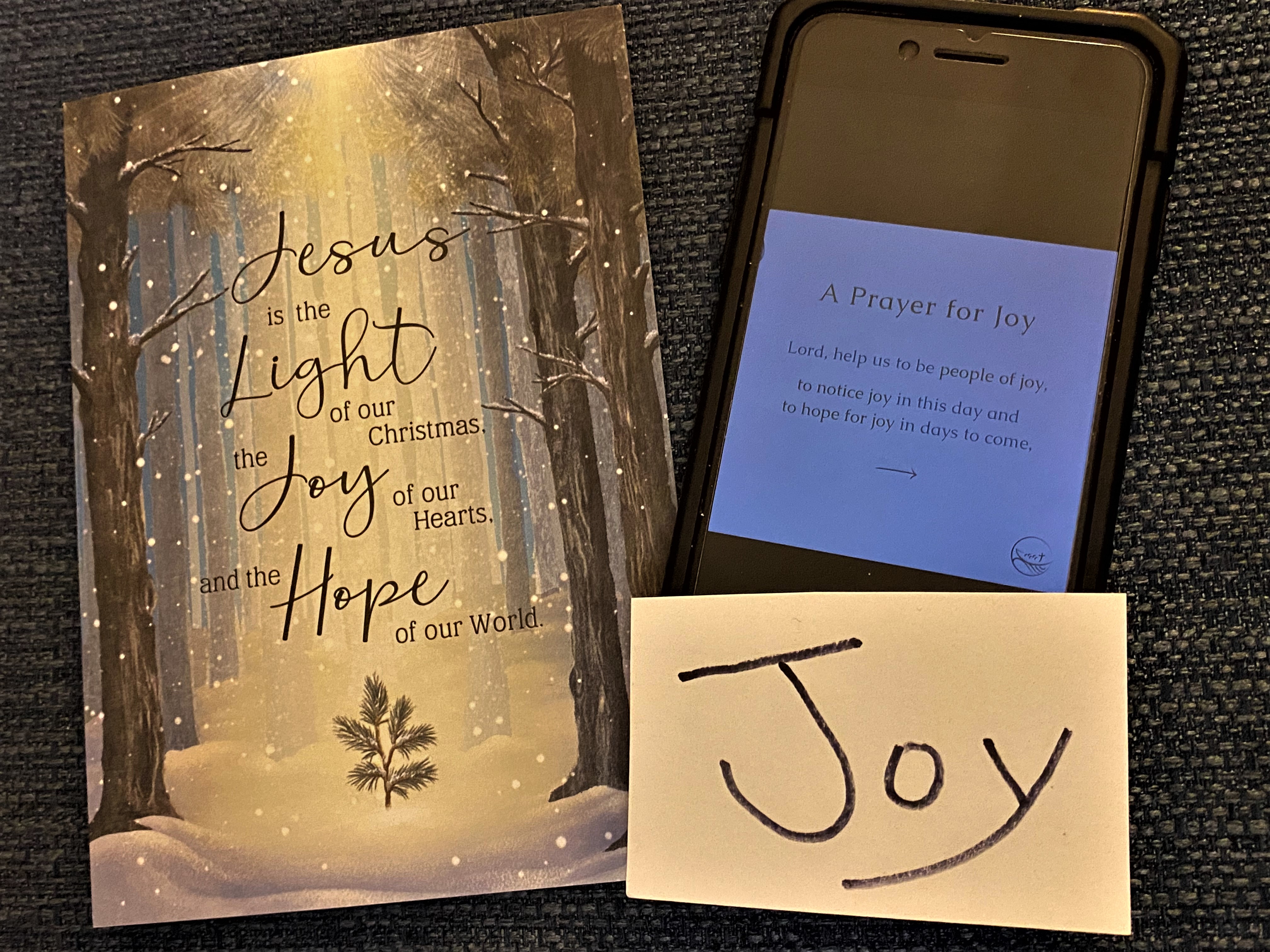
It dawned on me that I haven’t been “counting it all joy”. Or remembering that “the joy of the Lord is my strength”. Now my heart is resolved to be set on joy in 2022…no matter what.
Lord, help us to be people of joy,
to notice joy in this day and to hope for joy in days to come,
to look for light and share it with others this Advent season,
to see beauty in creation and the people we encounter,
to laugh heartily with childlike glee,
to feel true joy in your presence. Amen.
Photo Credit: Prayer @inthecoracle, Instagram
5) The Last Days of 2021 – As may have been many of your experiences, we had people we know and love dealing with COVID in this last week of 2021. Still managed a sweet end-of-year. Hope yours was as well.

















Now on to 2022!! Thanks for stopping by. It means a lot to me.
Bonuses:
Vimeo Video by Rodrigo Souza – Heart – with Nathan Mills, Beyond the Guitar
How to Stop All Procrastination: Dear You Trying to Do that Hard Thing in the New Year – Ann Voskamp (great piece on procrastination and perfectionism – both keeping us from presenting the gifts God’s given us)
 Photo Credit: Samantha Reynolds, @Bentlily, Instagram (w/ permission)
Photo Credit: Samantha Reynolds, @Bentlily, Instagram (w/ permission)
52 Week Bible Reading Plan – Michael Coley
What is an Accessory Dwelling Unit (ADU) and Tips for Building One
 Photo Credit: Facebook
Photo Credit: Facebook











